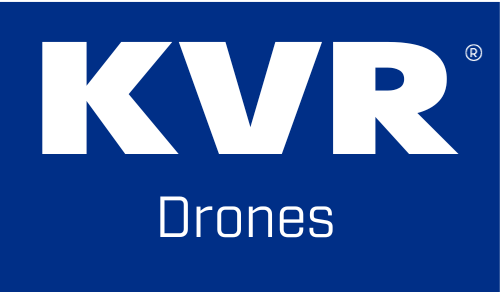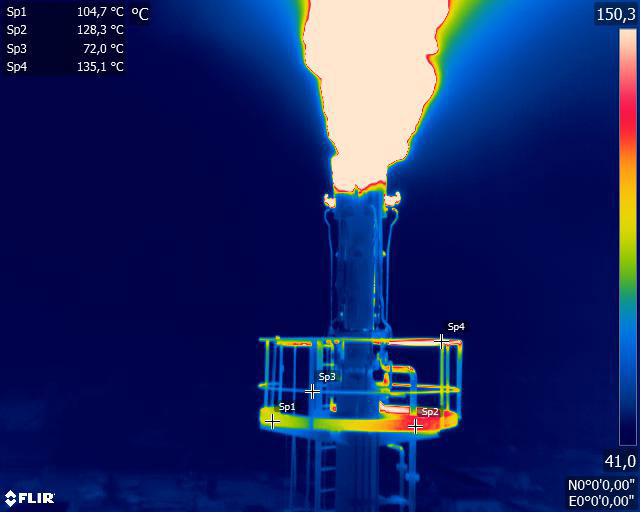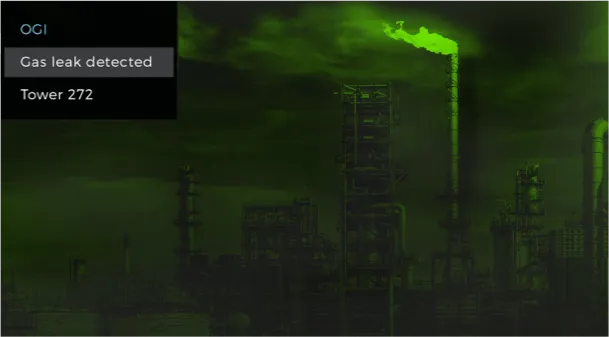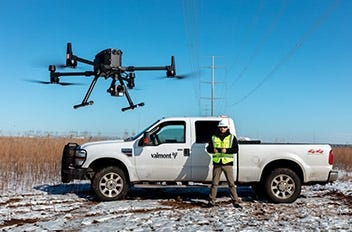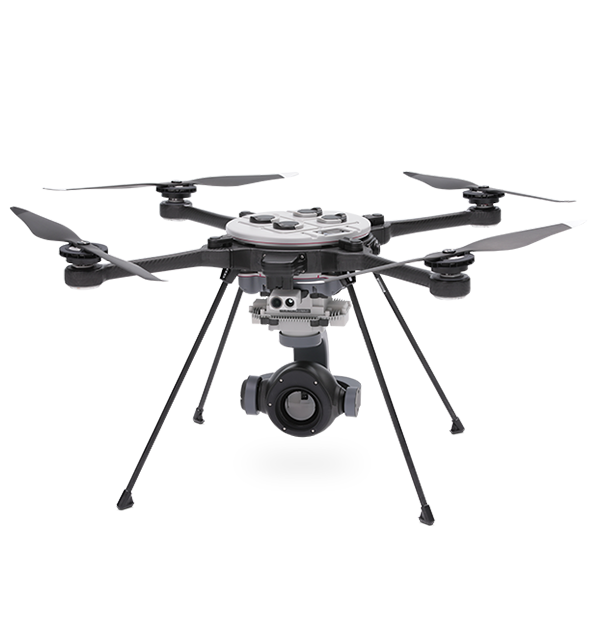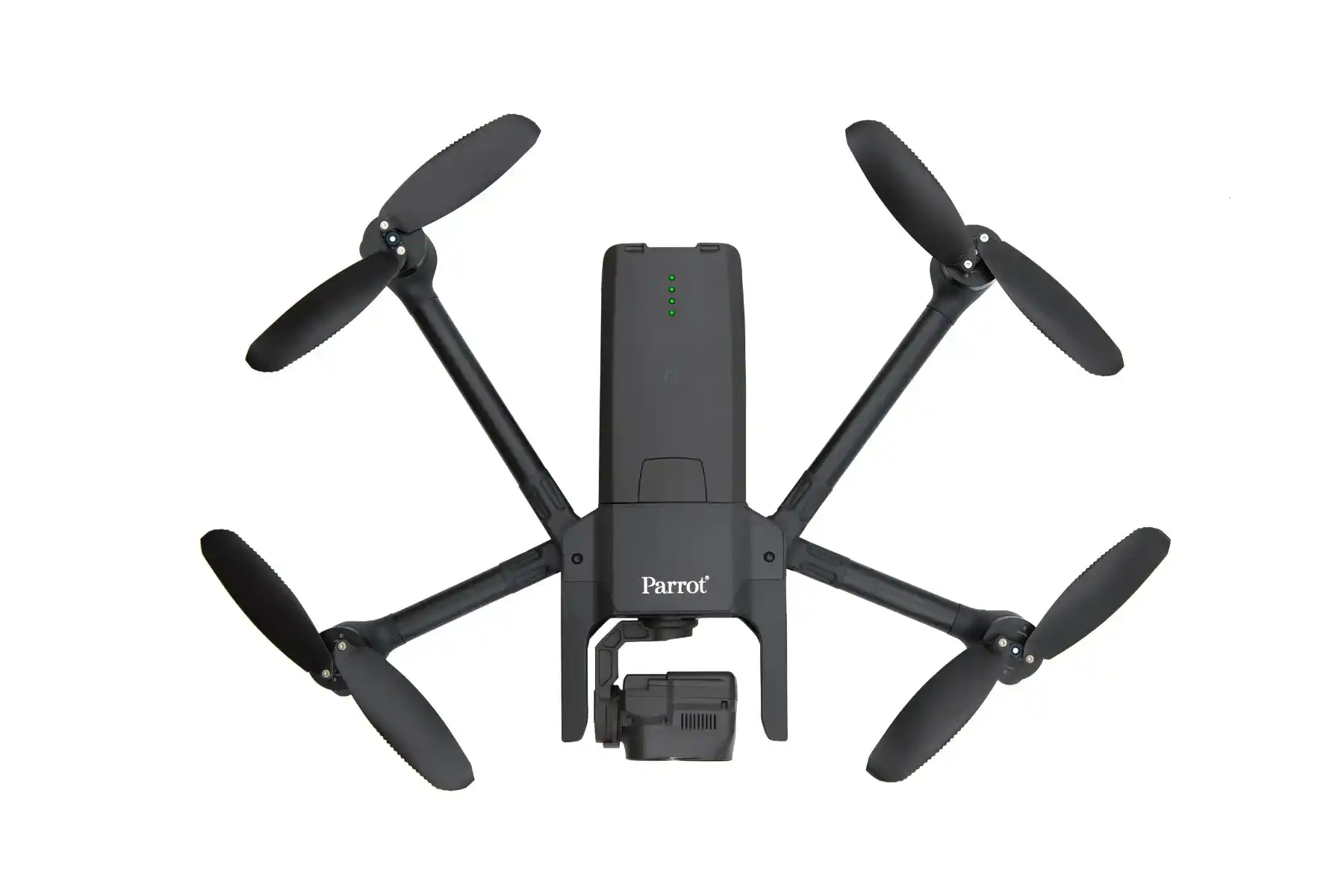Energy Inspection Drones
Complete Energy Inspection Drone Solutions for Your Organization
Give us a call or email to connect with our UAV Experts.
Call +1868-293-3547 or Email info@kvrel.com
Applications for Energy Inspection Drones
9 Ways Drones Benefit Energy Inspection
- Personnel Safety: This is one industry that is packed with all sorts of dangers that put life and limb on the line. Scaling high voltage towers and wind turbines, checking for leaks or damages on pipelines that run through challenging terrains, expose teams to hazardous chemicals, and even risk encounters with wildlife – there’s plenty at stake. Drones ensure a much safer way of inspecting energy facilities and infrastructure. Those equipped with Geiger counters or other radiation detection sensors can even safely monitor and map radiation levels in and around nuclear power plants, where most human inspectors would be at risk.
- Cost Savings: Traditional inspection methods are costly. They can require helicopters, specialized equipment, or large crews. Drones simplify this process, reducing costs associated with manpower, equipment rentals, and logistics.
- Quick Inspections: Drones can cover large areas in a short span, making the process faster and more efficient. Covering large expanses, like a solar farm or a dam, becomes a breeze. This quick turnaround is crucial for energy sectors that need regular surveillance. Instead of days, some inspections can be completed in hours, keeping energy facilities up and running smoothly.
- High-Quality Data Collection: With advanced cameras and sensors, the drone energy inspection provides detailed, high-resolution images and data which can be crucial for decision-making. Thermal imaging allows for the detection of hotspots in solar panels, while ultraviolet sensors identify coronal discharges in high voltage lines. LIDAR sensors offer precise 3D terrain modeling, aiding in the planning of new energy projects. High-res cameras can provide a close-up view of flare tips in oil and gas facilities. Special ultraviolet sensors can detect these discharges coronal discharges around high voltage lines. These technologies provide invaluable data, optimizing energy operations.
- Accessibility: Drones can easily access hard-to-reach areas. On the icy slopes of an Alaskan oil pipeline where manual inspections would require rigorous safety precautions and specialized gear, a drone can simply fly over, capturing every detail with ease. Or offshore oil rigs, surrounded by vast expanses of water – instead of sending a boat or helicopter with a team for inspection, a drone can zip right over, sending back crystal-clear footage in real-time. From the precarious heights of transmission towers in dense forests to solar panels on vast desert lands, drones ensure that no location is too remote or too challenging to inspect.
- Reduced Downtime: As drones can inspect without disturbing operations, energy facilities face less downtime. It means no halting energy production or causing inconveniences. For instance, you can inspect system integrity in areas like coal plant where conveyor belts and machinery work tirelessly without shutting everything down. In hydroelectric dams, rather than halting the water flow or draining sections for manual inspections, drones can swiftly fly over or hover close to structures, capturing all the necessary data. Large solar farms spread across acres can continue harnessing the sun’s power uninterrupted, while you pilot the drone over them checking for panel efficiency.
- Real-time Analysis: With drones, it’s possible to get real-time feedback. Immediate detection of issues allows companies to act swiftly, ensuring continued efficiency. In the vast expanse of a wind farm, if a blade on a single turbine shows signs of wear, drones can immediately relay this information, allowing technicians to mobilize quickly. Or in a bustling solar farm, you can identify a few panels that aren’t functioning optimally, and corrective teams can be dispatched on the spot, ensuring the farm’s output remains consistent. In large power substations, instead of waiting for scheduled checks, drones can instantly pinpoint overheating components. Through such real-time feedback, drones enable proactive measures rather than reactive ones.
- Environmental Benefits: Drones have minimal environmental impact. They don’t release harmful emissions, making them an eco-friendly choice for inspections. When inspecting a vast forested area for potential renewable energy sites, drones can smoothly glide over, leaving the habitats below undisturbed, whereas traditional ground surveys might involve vehicles and heavy equipment, potentially disrupting the ecosystem. Over pristine coastal regions, where marine life thrives, drones can oversee potential offshore wind farm sites without the need for boats or ships that might leak oil or fuel. In urban settings, rather than deploying a crew with vehicles that emit greenhouse gases to inspect rooftop solar installations, a drone can quietly hover above, gathering data without adding to the city’s pollution.
- Data Integration: The data collected by drones can easily be
10 Applications For Drones For Energy Inspection
- Wind Turbine Inspection: Drones can effortlessly navigate around these towering structures, identifying blade defects or damages without halting operations.
- Solar Panel Surveillance: Drones provide a bird’s eye view, ensuring that large solar farms are functioning optimally and detecting any panel malfunctions.
- Oil & Gas Pipeline Monitoring: Preventing leaks or damages is vital. Drones ensure timely detection and maintenance of vast pipeline networks.
- Power Line Surveys: With drones, monitoring miles of transmission and distribution lines becomes a breeze, ensuring consistent energy delivery.
- Substation Inspections: Drones can safely inspect electrical substations, pinpointing issues without risking human lives.
- Thermal Imaging: Using thermal cameras, drones can detect energy leakages or temperature anomalies in infrastructure, ensuring optimal operations.
- Vegetation Management: For power lines or substations, drones can monitor vegetation growth, ensuring they don’t interfere with energy delivery.
- Hydroelectric Dam Surveillance: Monitoring the structural integrity of dams becomes easier with drones, ensuring safety and optimal energy production.
- Storage Tank Inspections: Whether it’s for oil, gas, or water, drones can quickly inspect storage tanks for any defects or required maintenance.
- Emission Monitoring: Drones equipped with the right sensors can monitor and measure emissions, ensuring that energy plants comply with environmental regulations.
Energy Inspection Drones and Bundles
*Price exclusive of fees, depending on your country – VAT, Shipping etc.
Give us a call or email to connect with our UAV Experts.
Call +1868-293-3547 or Email info@kvrel.com
UAV THERMAL EXPERTS
We are industry leaders in thermal imaging drones. As one of the pioneers in thermal drone technology, our team of experts will help you build a custom solution that meets both your budget and needs.
MISSION SPECIFIC SOLUTIONS
We specialize in the development and delivery of cost-effective mission-specific enterprise solutions. All our kits are specially designed, assembled, and individually tested for quality assurance in the United States.

AFTER PURCHASE SUPPORT
Our customer service doesn't just end with your purchase; we go the extra mile to make sure our customers have the guidance they need. As our customer, you will know us by name and can count on us for support whenever you need it.
